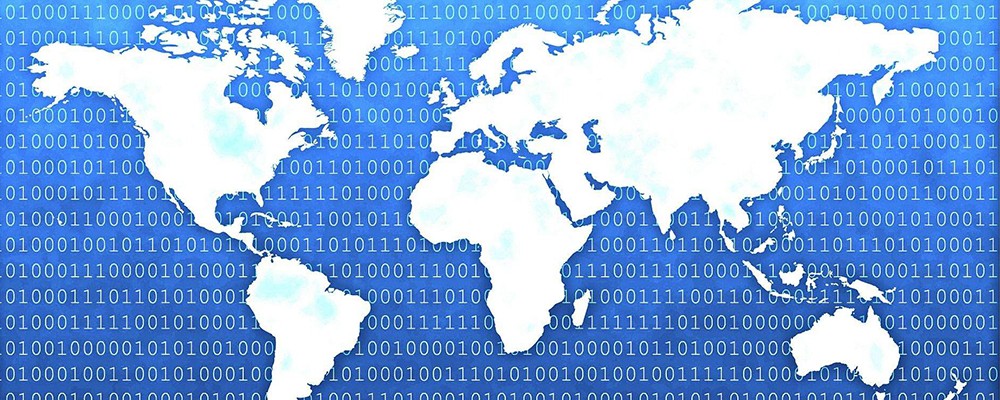Human Capital Data Lab

The research in the Global Human Capital Data Lab primarily aims at maintaining and offering a database of up to date, harmonized and validated shares of population by levels of education for all countries in the world. We further develop back projections and historical reconstruction of educational attainment for the 20th century for as many countries as possible, together with the collection of historical data on literacy and enrolment, and of sub-regional data by levels of educational attainment. Beside the main activities of collection, harmonization, validation, and analysis, we aim to integrate a measure of education quality (learning outcomes and literacy) to data on educational attainment.
1. Good and consistent data on educational attainment is hard to come by
a) Why? Variation in measurement across time and countries
b) Our work: Collect all sources of data on education, harmonize and validate
2. Data on past educational attainment is essential
a) To explain the past: Education has played a major role in the socio-economic changes that have occurred in the 20th century.
b) Our work: Reconstruct time series on educational attainment
3. A supplement of information about the future
a) Changes in education will also be key to face the future challenges whether they are of socio-economic or environmental nature.
b) Our work: Develop the most up to date database on the population by age, sex, and education to form the baseline for projections of levels of education
Data on back- and forward projections of educational attainment can be found in the Wittgenstein Centre Human Capital Data Explorer 2.0.
The Wittgenstein Centre aspires to be a world leader in the advancement of demographic methods and their application to the analysis of human capital and population dynamics. In assessing the effects of these forces on long-term human well-being, we combine scientific excellence in a multidisciplinary context with relevance to a global audience. It is a collaboration among the Austrian Academy of Sciences (ÖAW), the International Institute for Applied Systems Analysis (IIASA) and the University of Vienna.
